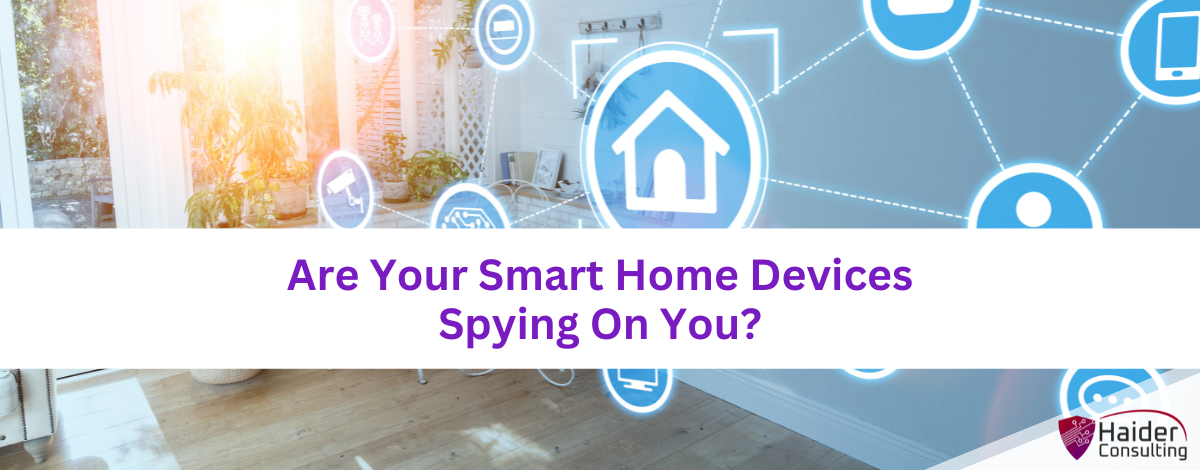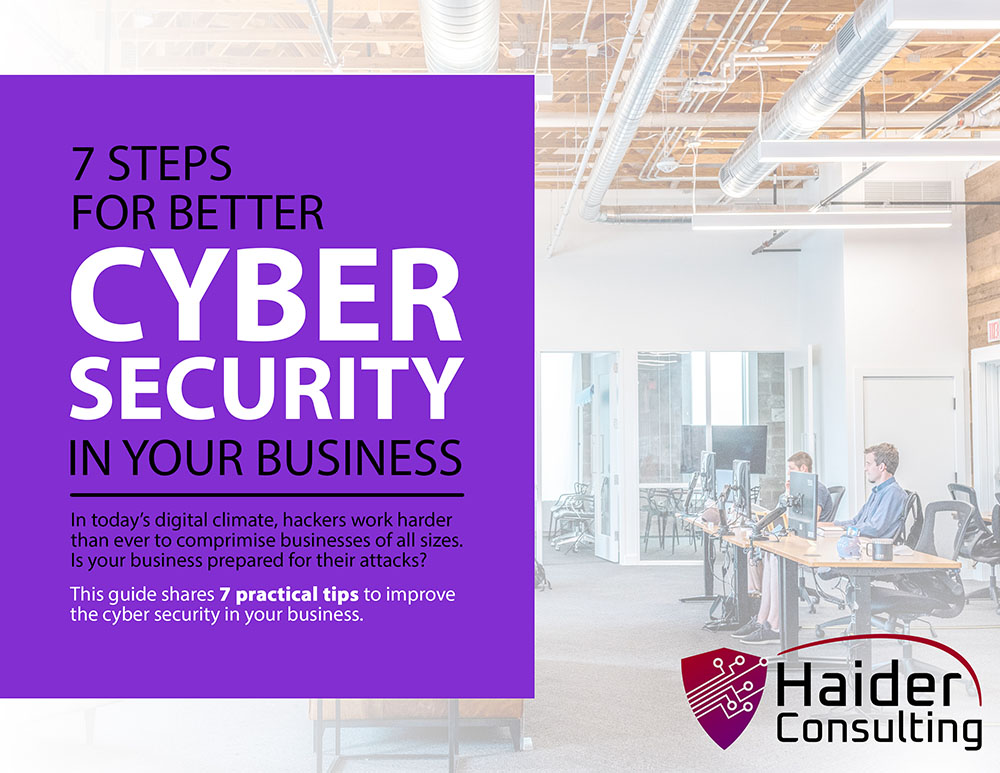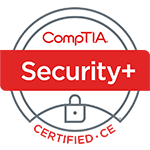Smart home devices are a big part of modern life. They make things easier, faster, and keep us connected.
However, a new study is worrying people— it looks like these handy smart devices might be spying on us.
It’s common to have these gadgets in our homes now, but it’s also important to think about how they might affect our privacy. We’re going to talk about the risks of having smart devices watch us and share some tips on how to keep your private life private, even with all this technology around us.
The Silent Observers in Our Homes
Smart home devices like voice assistants, cameras, and thermostats have definitely worked themselves into our day-to-day lives.
They’re supposed to make our homes smarter and our lives easier. However, a study from the consumer group “Which?” is making people wonder just how much these devices might be listening in. Even when we think are in private, many of these smart home devices are actually spying on us.
This study looked at how devices from big names like Google and Amazon handle our data. Sadly, it found that sometimes what makes our lives more convenient might also be keeping an eye on us a little too closely.
Key Findings From the Study
The study by “Which?” covered several popular smart home devices, such as smart TVs, doorbell cameras, and thermostats. Unfortunately, it also uncovered several risks to our privacy, and the potential many smart home devices have for spying on us.
Widespread Data Sharing
Many smart home devices send user data to other companies, and most of the time, users don’t even know it’s happening. This raises concerns about how much of our personal information these companies are sharing without us saying it’s okay.
Potential for Eavesdropping
Devices that you can talk to, like Alexa, are everywhere. The study found that these smart speakers and assistants could easily listen in more than they should. It turns out they sometimes record and send out audio when they’re not supposed to. This is a bit worrying because it means people might be listened to without realizing it, raising big privacy concerns.
Lack of Transparency
The study pointed out a big problem: things aren’t clear. Companies usually hide the way they handle our data in a lot of confusing text.
Lots of companies making smart home gadgets don’t give straightforward info about what they do with your data – like how they gather, keep, and share it. This means people don’t really know how these devices could be invading their privacy. And in this situation, not knowing can actually cause problems.
Security Vulnerabilities
The study also found some smart home devices have security weaknesses. This means there’s a risk that someone could get into your private information without permission. If the security isn’t strong enough, users could face online dangers and their smart home setup could be at risk.
Navigating the Smart Home Landscape Safely
So what can we do? How do we handle these smart home devices, and make they aren’t spying on us? Here’s our quick guide on what to look for.
1. Check the Device’s Privacy Policies
Ideally, before you ever buy a smart home gadget, make sure to read the company’s privacy rules closely. Check if they clearly explain stuff like:
- How they gather your data
- Who they share your information with
- What they do to keep your data safe
This will give you an idea if the company is safe to work with, and if it’s worth adding risks to your data.
2. Optimize Your Privacy Settings
Use the privacy settings on your smart home devices. A lot of them let you change settings to protect your privacy more. You can turn off some ways they share your data or make the voice commands less sensitive. So be sure to take advantage of these features when you can!
3. Keep Your Devices Updated
Make sure all your smart gadgets are up-to-date with the latest software. Companies often send out updates to fix security problems and make the devices work better. So staying updated helps keep the hackers away!
4. Choose Strong Passwords
Use tough, different passwords for each of your smart devices. Don’t stick with the passwords they come with because those are easy for hackers to guess, or even just look up. A good password helps keep your home network safe from unwelcome visitors.
5. Think About Non-Internet Options
Check if there are ways to get the same smart home benefits without always being online. Choose gadgets that can work offline or connect less often. This can help keep your data safer.
6. Be Careful with Voice Commands
If keeping things private is important to you, think about using less of the voice command features. This can help stop accidental recordings and someone listening in when they shouldn’t be.
7. Check Your Devices Often
Every now and then, take a look at what smart gadgets are hooked up to your Wi-Fi. You might be surprised by how many there are! Get rid of any you don’t use anymore or that don’t protect your info well. Having fewer, more secure devices is a good way to lower your chances of having problems.
Keep Your Business Safe – Let’s Check Your Security
We live in a world full of cool tech. But, we have to make sure to use it the right way! You don’t want your smart home devices to put your privacy at risk by spying on you, especially not in your business.
Wondering how safe your smart devices and Wi-Fi at the office are? Let’s figure it out together.
Get in touch with us to set up a check-up for your business’ cyber security.
Book My 17-Minute Call





